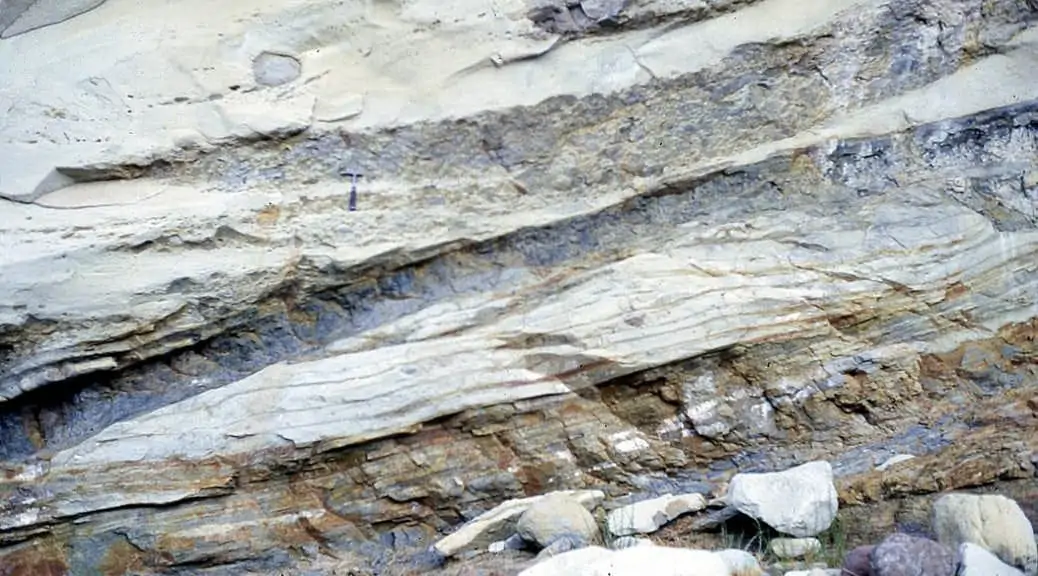This post opens a series on the civil war in Syria, a challenging problem for strategic foresight and warning because, besides the humanitarian disaster, the risks to regional and global peace and stability continuously increase, because the conflict is redrawing the strategic outlook of the region while participating into the global paradigm shift, and, finally, because the fog of war makes our anticipatory task more difficult and complex.
Author Archives: Dr Helene Lavoix (MSc PhD Lond)
The Red (team) Analysis Weekly No93, 28 March 2013
Horizon Scanning for National Security No93 – Are political authorities back? Many high-tech and cyber related signals emerged this week, from the massive DDoS attack to digital arm trade, right to kill hackers, DNA computing, quantum technology or space entrepreneurs, besides the possibility of renewed attacks by “climato-skeptics,” when scientists wonder if the frozen spring could be linked to a slower gulf stream, and when political impacts of natural catastrophes start being studies more consistently. Meanwhile, the Syrian quagmire deepens, progressively dragging the region in, and tensions in Northeast Asia heighten. And at the core…
A Road to Hell? Climate Change and Public Deficit
Climate change is not only a far away danger. Its effects have also most probably already started impacting us, as the rising number of natural catastrophes and related overall losses worldwide show. What are the consequences on states and governments? Should we continue reducing public expenditures in those conditions?
The Red (team) Analysis Weekly No91, 14 March 2013
Horizon Scanning for National Security No91: The Actors and the System: Powerlessness? If we were to estimate the power of the actors by their ability to stabilize the system, they would not fare very well, and this, in itself, is a signal that tensions will most probably continue to rise and escalate in intensity as well as widen in scope. One of the interesting question would thus be: How long can this system withstand the pressure until it breaks?
Puzzle: Strange Parallels in Global Trends 2030
Global Trends 2030 compares our current transition period with 1815, 1919, 1945 and 1989. Yet we have not known recently any global systemic war. Thus why choose such a comparison? What could explain such a puzzling choice and what could we learn from it, for our understanding of the world and its potential future(s)?
The Shale Oil and Gas Security Sigils
Shale fuels, a potential game changer, remain controversial, notably considering the various environmental risks, the social opposition and distrust, the uncertainty regarding recoverable reserves, the evolution of technology and regulations, and the opposite interests of different actors. It is thus crucial to scan and monitor…
Beyond Fear of Near-Earth Objects: Mining Resources from Space?
In February 2013, the fall of a meteor in Russia’s Urals (e.g. “Meteorite hits Russian Urals: Fireball explosion wreaks havoc, up to 1,200 injured“, RT, 15 Feb 2013), added to the close fly-by of Asteroid 2012 DA14, and to reports of a meteorite sighted over Cuba, reignited a renewed interest for near-earth objects (NEOs), notably because of the threat they may constitute to the earth and its inhabitants. Yet, NEOs are not only about dangers and Armageddon scenarios, they may also well be an opportunity. The possibility to use resources from space also exists and may be seen as a major wild card, which could completely upset most scenarios on resources and energy issues, thus constituting a “grey swan,” to use Taleb’s terminology.From dream to …
Continue reading “Beyond Fear of Near-Earth Objects: Mining Resources from Space?”
The Space Resources and Security Sigils
The aim of the Space Resources and Security Sigils is to be a daily scan focusing on space and international security. We are currently investigating new AI ways to deliver an even better Space Resources and Security Sigils. The original complimentary version ran from May 2012 to April 2023. An opening article on the importance of space …
Extreme Environments Security
In its Global Strategic Trends – Out to 2040, the UK Ministry of Defence, Development, Concepts and Doctrine Centre (DCDC), underlined that “resource and the environment” was one of the major dimensions shaping the future. Notably, the highly likely growing resource scarcity would lead to strengthened interest in what they call “Extreme Environments” – i.e. the …
Assessing End of Year Predictions: How Did they Fare? (2)
The evaluation of our 2012 predictions’ sample underlines notably a widespread conventional view of national security, novel issues being ignored; a relative inability to assess timing whilst our understanding of issues fares relatively well; the existence of major biases, notably regarding China, Russia, and the U.S; the difficulty of prediction for novel issues and old issues in new context.








